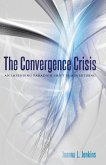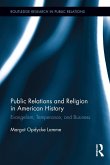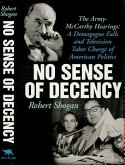In "Proofs of a Conspiracy against all the Religions and Governments of Europe," John Robison presents a meticulous examination of the political and religious upheavals of 18th-century Europe, seeking to unveil the machinations of secret societies, particularly the Illuminati. The author adopts a rational, didactic prose style imbued with Enlightenment ideals, merging historical analysis with polemical argumentation. This book is situated within a context of growing anxiety concerning the impact of revolutionary thought on established institutions, reflecting the turbulent climate of a Europe on the brink of significant social upheaval. John Robison, a notable Scottish scientist and philosopher, was well-acquainted with the intellectual currents of his time, having been immersed in the scientific community and the Enlightenment discourse. His experiences as a fellow of the Royal Society and connections to key figures in the scientific and philosophical realms likely catalyzed his concern about the threats posed by radical ideologies. His background implies a strong impulse to defend traditional institutions against perceived encroachments from secretive extremist factions. Robison's work is an essential read for scholars and casual readers alike who are interested in the intersection of conspiracy theory, politics, and religion during a critical epoch in history. This book not only contextualizes the fears surrounding secret societies but also invites reflection on contemporary parallels in the ongoing discourse about power and secrecy, making it a significant contribution to both historical literature and modern political thought.
Dieser Download kann aus rechtlichen Gründen nur mit Rechnungsadresse in A, B, BG, CY, CZ, D, DK, EW, E, FIN, F, GR, H, IRL, I, LT, L, LR, M, NL, PL, P, R, S, SLO, SK ausgeliefert werden.
Hinweis: Dieser Artikel kann nur an eine deutsche Lieferadresse ausgeliefert werden.









